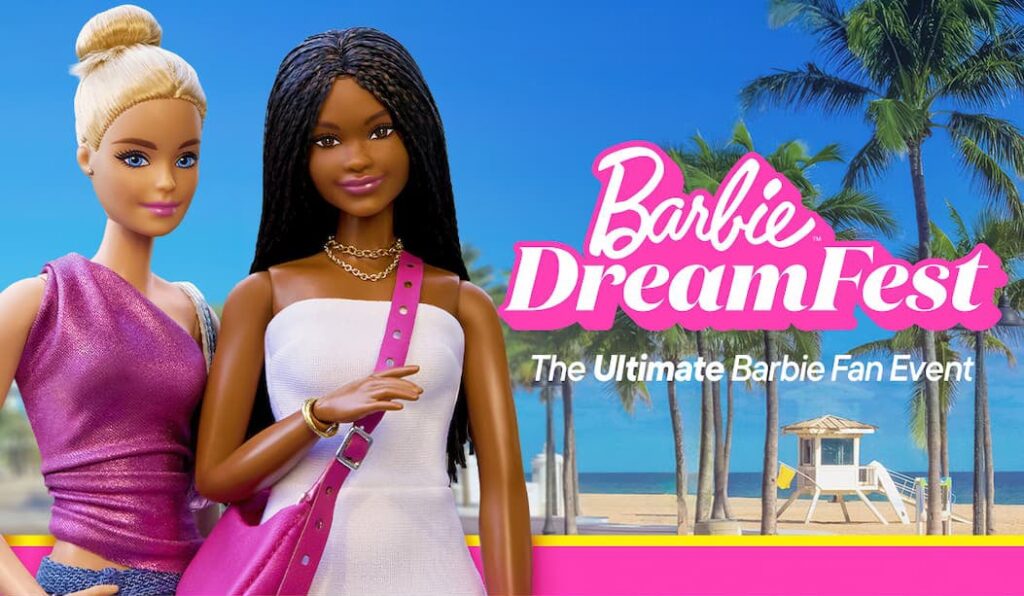While campaign metrics have been the marketers’ mantra in the last few years, and ROI proofs are increasingly important components during and after work in the field, broader consumer research has been stinted in many marketing budgets. In the 2003 PROMO Industry Trends Report, research garnered just 0.6% of the overall spending by marketers, or just under $1.5 billion for all market research conducted in the U.S.
Has research become a luxury for some brands? Or have technological advances, including the Internet, simply made it possible to spend less and understand as much or more about consumers as in the past?
Actually, the opposite seems to be true. Research based on face-to-face contact, conducted in-person, are preferred by both consumers and marketers over phone, Internet or mail, according to a study conducted by Jane Sheppard. She is the director-respondent cooperation for the Council of Marketing and Opinion Research, based in Bethesda, MD.
But several researchers suggest that in-person research formats such as focus groups have become obsolete. Many are using behavioral psychology techniques (remember Myers-Briggs from your college psych class?) that go beyond traditional in-store opinion polls and other intercept methods.
“Focus groups have their place, but leading edge marketing executives and brand managers have abandoned the archaic practice for faster and more accurate testing methodologies,” says Jack Gordon, CEO of AccuPoll Research Inc. “The way focus groups have been conducted is the Model T compared to newer programs that are significantly more predictive and can evaluate quantitative and qualitative data to establish a true emotional connection with a product or brand.” His Cincinnati, OH-based firm uses “unarticulated emotional elicitation” to solicit both top-of-mind consumer responses and deeper emotional reactions. AccuPoll’s clients include Procter & Gamble, Beatrice Foods and My Own Meals.
“User experience, customer relationship management and usability testing are catchphrases that say exactly what is wrong with today’s market research,” agrees Jamie Rhodes, CEO of Austin, TX-based Perceptive Sciences. “Corporations are realizing it takes a ‘shrink’ to put their offerings into the psychological framework of the customer.” He says cognitive psychology practices for market research are being used to steer product design and marketing for several major global companies.
“Surveys and focus groups will certainly yield you some data, but how useful is it for understanding which features and functions of your product a consumer is willing to pay for? Or pay more for? A person cannot tell you why they buy the things they do,” Rhodes says.
He describes research his firm conducted recently for a cell phone manufacturer. “The client went in believing that consumers really valued music functions on their mobile phones. We learned the opposite was true for certain targets: they didn’t care about music by phone — and they wouldn’t pay for it at all. However, they were very interested in BlueTooth capabilities in a cellular phone, and were willing to spend for the privilege.”
Mystery shopping and ethnographic research are en vogue as research techniques, Rhodes says. However, these popular observation-based research methods are inherently flawed and ultimately dangerous to companies relying on them for product design, marketing and sales.
“Cognitive psychology is infinitely more advanced, reliable and exact. We get very clear and crisp answers to what people are thinking and how they will act,” Rhodes affirms.
Cost vs. value
With research budgets still in low gear, deeper-pocketed marketers at the larger corporations have been more inclined to tap the behavioral approach. Most small to mid-sized companies consider cognitive practices described more expensive to implement on a sufficiently broad basis to be statistically valid.
“Higher cost is a common misperception,” Rhodes says. “You can put a floor walker in a mall at $12 per hour, but the marketer doesn’t get the results he or she needs.”
Behavioral research is typically done outside the store or mall, in a controlled laboratory setting. Perceptive Sciences conducts much of its work in its Austin lab, but it has rented lab facilities in locations around the country to conduct regional studies for its clients.
Companies, especially those that are publicly owned, are under intense pressure to demonstrate the success of their brands, researchers say. But the value of data must be weighed against cost.
Fresh from the field
Some of the freshest research around will be presented later this month in Chicago at the PROMO Marketing Conference and Expo. Among the programs scheduled for the event are:
MONDAY, Oct. 17
Leveraging Consumer Insights: Developing a Model Process to Maximize Innovation: Who knows what consumers really think? Tap the “wisdom of a crowd.” Approaches and results will be demonstrated.
Leaders: Christine Ross, partner-managing director, Spider Marketing Solutions; Dr. Dan McLinden, president, Open Source Decision
TUESDAY, Oct. 18
Customer Segmentation Strategies for Effective, Profitable Database Marketing: How to differentiate and classify your customers: best, better, good, etc. in order to move customers from prospects to advocates. Profitable strategies to use when you don’t have the money to do everything. In the age of too much information, learn the how-to and importance of respecting customer privacy.
Speaker: Paul Knouse, Marketing Operations, R.J. Reynolds Tobacco Co.
2005 Consumer Update on the Influence of Promotions, Experiential Marketing, Product Placement, Sponsorship and Advertising The latest updates on the influence of short term marketing tactics. Dig deep into consumers’ predisposition to purchase products, related to promotional tactics; segmenting from a demographic and physiographic perspective; comparing and contrasting impact and effectiveness of each option relative to sales; the effectiveness of communication channels given the marketplace.
Leader: Don Mayo, managing director, IMI Research and Consulting
WEDNESDAY, October 19
Identifying, Targeting and Building a Relationship with Your Key Consumers Best Buy has spent the last four years identifying key consumer groups, and now it’s tailoring its stores to those customers and changing the way the company operates. To enhance its customer-centricity, Best Buy consolidated multiple databases, zeroed in on its most loyal customers, and continues to learn more about its shoppers in ever-finer detail.
Speaker: Barry Judge, SVP, Best Buy
For more on the programs offered at PROMO Expo, visit www.promoexpo.com.



